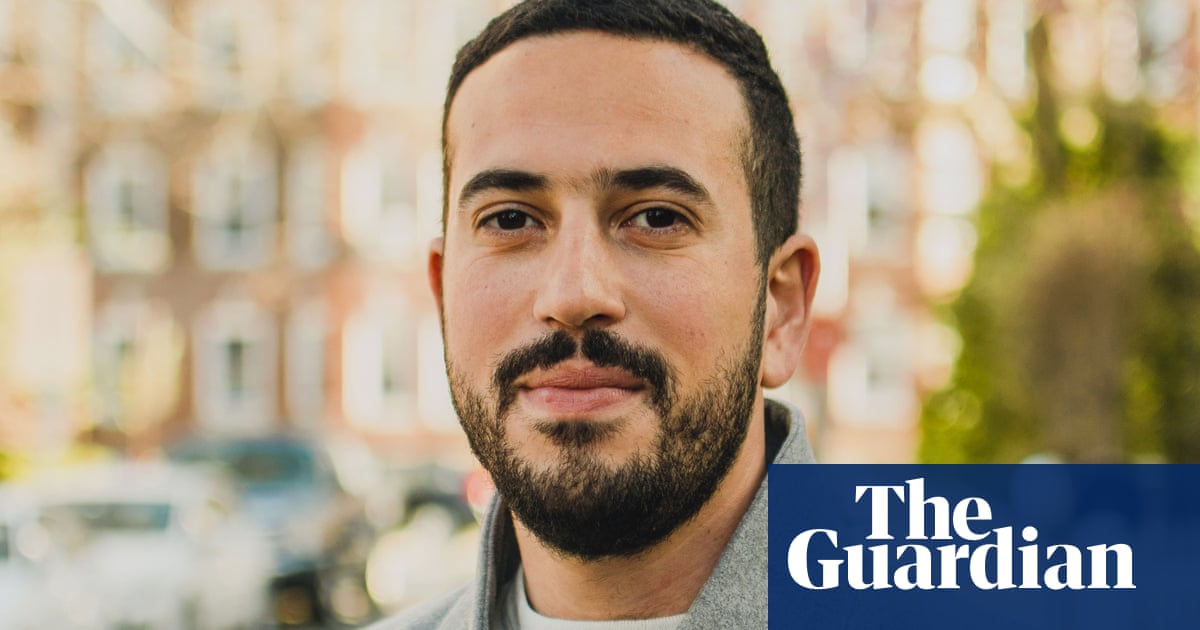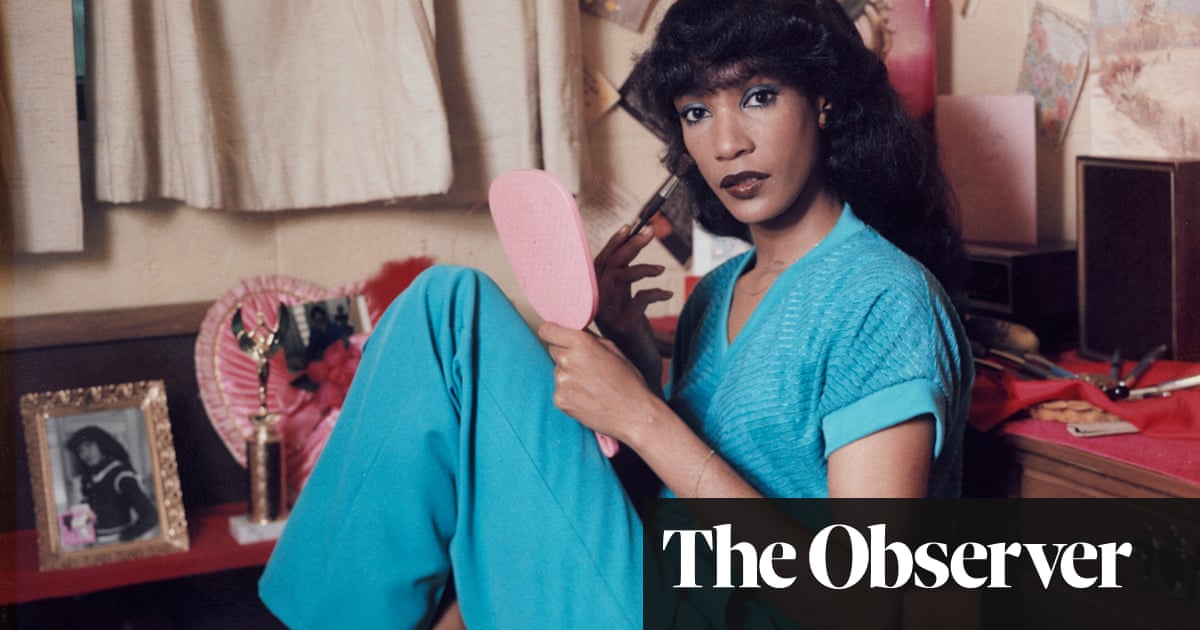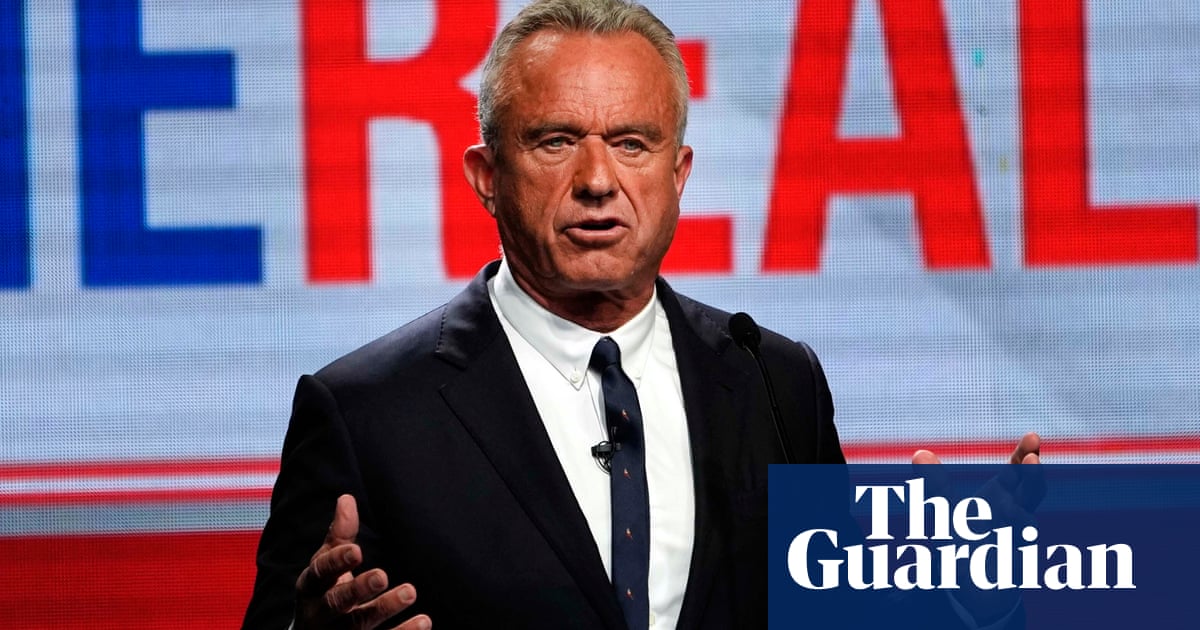When the Palestinian human rights lawyer Rabea Eghbariah arrived at a Manhattan cafe on Thursday afternoon, he had just learned that his article had been reinstated in the Columbia Law Review. After a weeklong censorship controversy, the prestigious journalâs website was back online, too.
The law school journalâs faculty and alumni board had shuttered the website for most of the week rather than publicize Eghbariahâs 105-page article, titled Toward the Nakba as a Legal Concept. In it, he proposed a new framework to explain the complex, fragmented legal regimes governing Palestinians. He wanted to bring the word Nakba â which translates from the Arabic as catastrophe, and is better known for describing the displacement and dispossession of Palestinians in 1948 â to the center of a new legal conversation.
Wearing a white T-shirt and linen pants and sipping iced coffee, he reflected on an extraordinary week that saw his legal theories â ordinarily the stuff of arcane law school debates â ignite emotive conversations about the legitimate bounds of debate about Israel and Palestine.
Whatâs more, it wasnât the first time his ideas were deemed too dangerous to publish by the Ivy League.
He had worked on his contribution for almost half a year, finding a home for it at the Columbia Law Review after a shorter web piece he had written for the Harvard Law Review had been blocked at the last minute.
He was proud of his scholarship but found it dangerous that the content of his article had become secondary to what he saw as the manufactured controversy of its censorship. âNow, we have to debate about my right to say what I want to say instead of debating about what I actually said,â he told the Guardian.
âI felt convinced by my work if itâs generating this repression,â he said. Ultimately, the story led to headlines in major newspapers, and a PDF of the article was posted widely on social media, getting far more readers than is typical for legal scholarship. âPeople can see through these authoritarian tactics and reject them. The censorship in this case is actually counterproductive.â
When Eghbariah woke up on Monday morning, his article was online. âIt was supposed to be a very exciting moment,â he recalled.
But soon, the journalâs website was inaccessible â âunder maintenanceâ, it said. It turned out the law review board had taken it down. âIt was very alarming that they would go to that extent,â he said.
Eghbariah, a Harvard Law School doctoral candidate, had been splitting his time between Massachusetts and Haifa, Israel, when he formulated the ideas driving his scholarship. He was working for the legal organization Adalah, where he has represented Palestinian clients in the Israeli judicial system â some in Gaza, others in the West Bank or East Jerusalem, still others citizens of Israel. He has worked on a landmark case about Israelâs cyber unit, which works with social media platforms to censor speech, and fought to reunite families separated by these different legal regimes. He realized that each time he and colleagues brought a case forward, they had to figure out which legal framework applied.
It is variegated, by design. âYou have an invisible map in your head where you know what laws to invoke depending on the case,â Eghbariah said, âand this is not intuitive at all.â
Different legal systems apply to Palestinians living under Israeli rule or in neighboring Arab states or elsewhere. âItâs kind of a system of domination by fragmentation,â he explained. âWe become trained in doing these legal gymnastics, and flipping from one framework to the other, without sometimes even reflecting about the nature of this.â
To articulate that fragmentation in his legal research, he realized he needed a new terminology. Just as the genocide convention emerged after the Holocaust, and the word apartheid entered everyday speech amid South Africaâs systemized segregation, Eghbariah was finding that analogies to other seemingly comparable situations were insufficient. In the article, he argues that the term Nakba, in use by Palestinians for decades, encapsulates the layered and overlapping legal entanglements of Palestinian life in the absence of self-determination.
The Nakba of 1948, he says, is not a historical artefact. His grandparents survived the Nakba and it informs Eghbariahâs research. Like many Palestinian scholars, he views Israelâs war on Gaza as part of a continuing Nakba to destroy Palestinian life on the land Israel seeks to control. âItâs an organic framework that has been developed in Palestine to reference the ramifications and ongoing nature of the Nakba of 1948,â Eghbariah said. âWhat the genocide moment and discourse did to that is that it actually made me think about it in legal terms.â
The article lays out the concept, and as he develops the idea further in his dissertation, he hopes it could have practical ramifications for outstanding disputes over matters like Palestinian property rights and the status of refugees. This is how laws in the US have often developed: scholars put out a new approach in a law review, practitioners try it out, and it can lead to case law or legislative efforts. âThose ideas get refined in the process,â Diala Shamas, an attorney with the Center for Constitutional Rights, told the Guardian. âItâs provocative, and itâs exactly what scholarship should be doing. Itâs exactly what Palestinian scholars need to be doing.â
After Hamasâs 7 October attack on Israel and amid Israelâs military campaign against Palestinians in Gaza, the student editors at the Columbia Law Review contacted Eghbariah. No Palestinian author had previously contributed to the journal.
His draft went through âat leastâ five edits, he says, with extensive feedback from about a dozen editors at the student-run journal, as he added 427 footnotes to the piece. But in early June, on the eve of the articleâs publication, the publicationâs alumni and faculty board urged the student editors to postpone Eghbariahâs piece or pull it from the journal entirely.
Student editors told the Intercept that the article had been extensively vetted according to procedure. Some, however, âexpressed concerns about threats to their careers and safety if it were to be publishedâ, the Associated Press reported. The students went ahead with publication against the boardâs wishes. The board said in a statement published when it restored the website that it had âreceived multiple credible reports that a secretive process was used to editâ the article, and that was its reasoning for taking the journal offline.
Jameel Jaffer, director of the Knight First Amendment Institute at the university, wrote that ânuking the website is a drastic, extraordinary step that requires much more justification than has been supplied by the directors thus farâ.
The board never spelled out why it pulled the piece, beyond what it called an opaque editorial process â a description the student editors disputed. But for non-scholarly audiences, Eghbariahâs word choice may have seemed inflammatory. In the piece, he defines Zionism as inextricable from the Nakba and builds on the legal scholarship of apartheid and genocide. Its table of contents was itself arguably provocative, with the header âZionism as Nakbaâ.
It echoed another episode from November, when the Harvard Law Review blocked publication of an earlier version of the article that it had commissioned from Eghbariah, after the law review president reportedly expressed safety concerns tied to the piece. That version of the piece later appeared in the Nation magazine.
âWhat is so scary about Palestinians having the right to narrate their own realities?â Eghbariah said. Student-run law review journals rarely if ever hear from their outside boards. âItâs unprecedented to even interfere in editorial processes,â he said. There have been no substantive or factual contestations of the claims of the Columbia Law Review article.
One of Eghbariahâs advisers at Harvard Law School is the prominent academic Noah Feldman, author of the new book To Be a Jew Today. He has called Eghbariah âone of the most brilliant students Iâve taught in 20 years as a law professorâ. He declined to provide comment on the law review article, but said he âcertainlyâ stood by his assessment of Eghbariahâs talents.
Eghbariah hopes the fracas around his article could bring more attention to the violence against Palestinians and what he describes as a genocidal campaign.
âThere is a continuum between the material reality in Gaza and shutting down these debates,â he said. âTheyâre not separate issues.â



